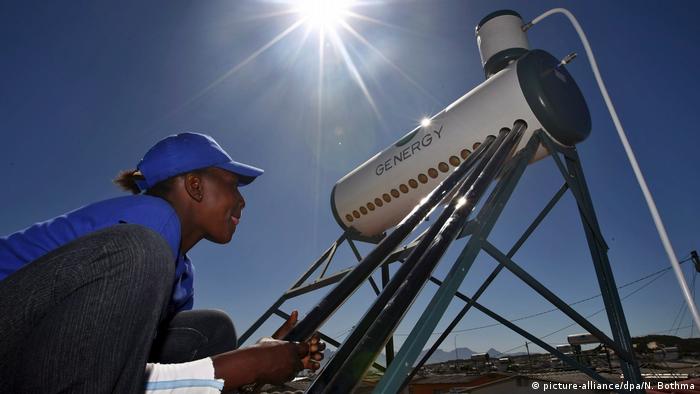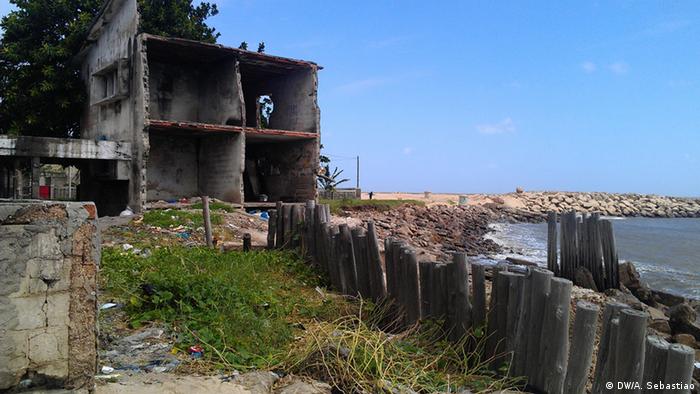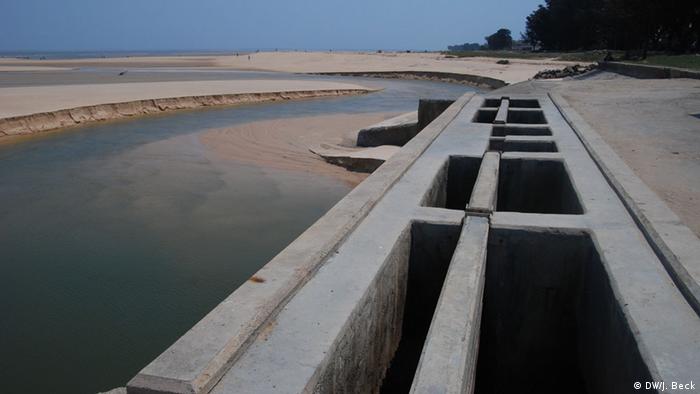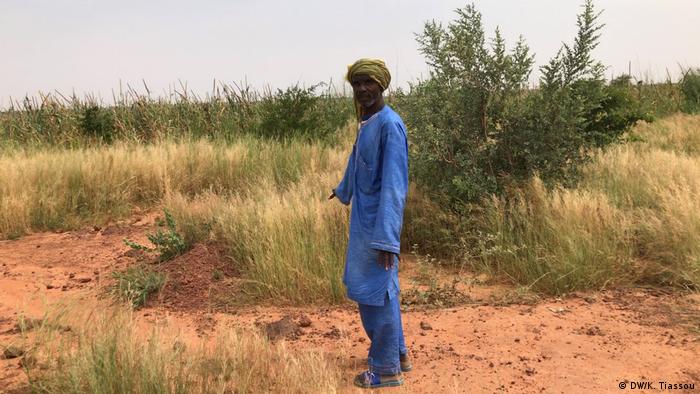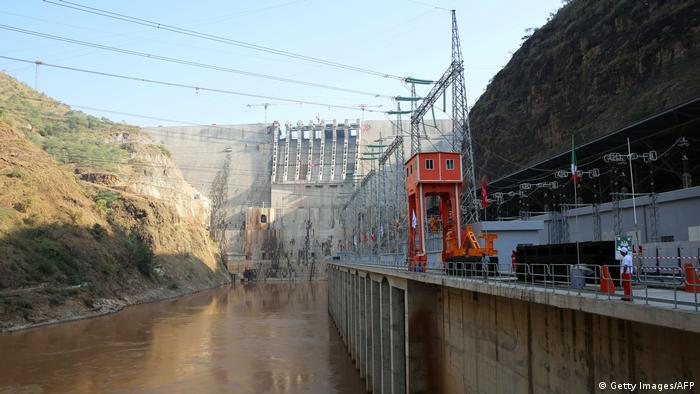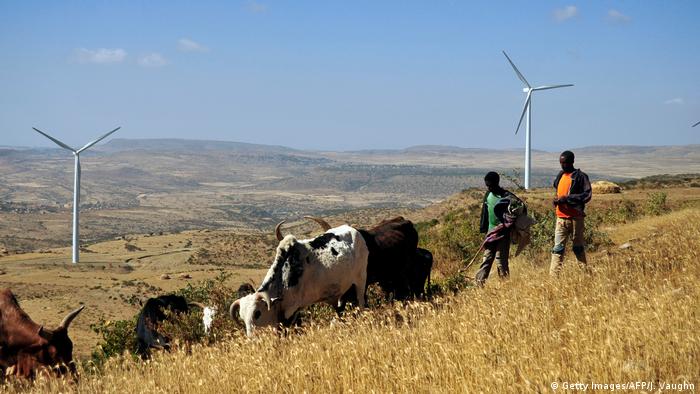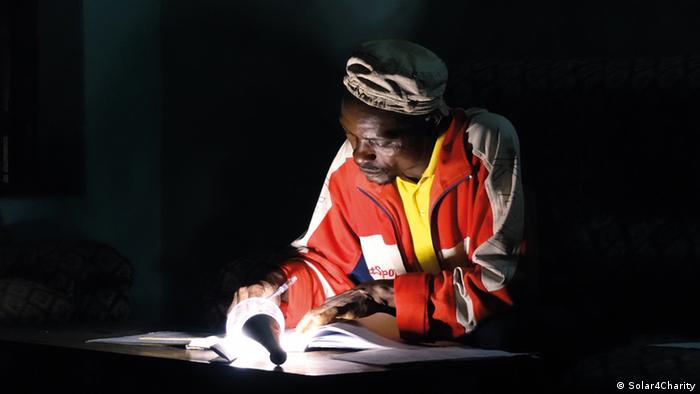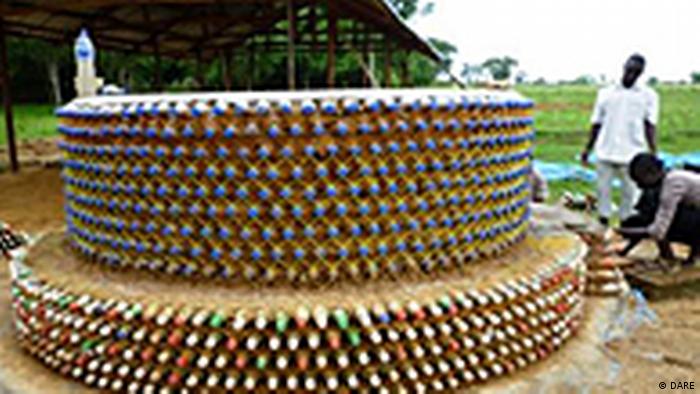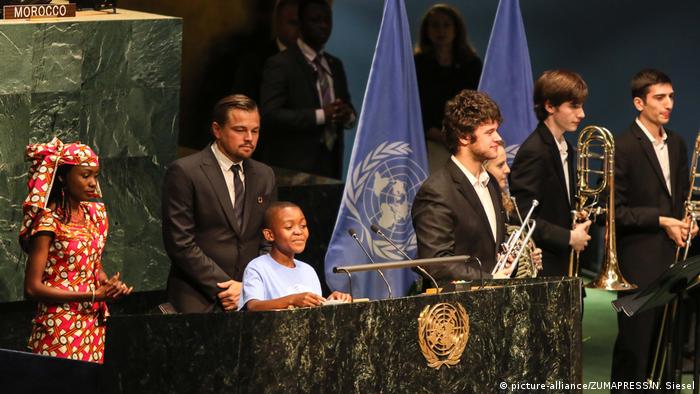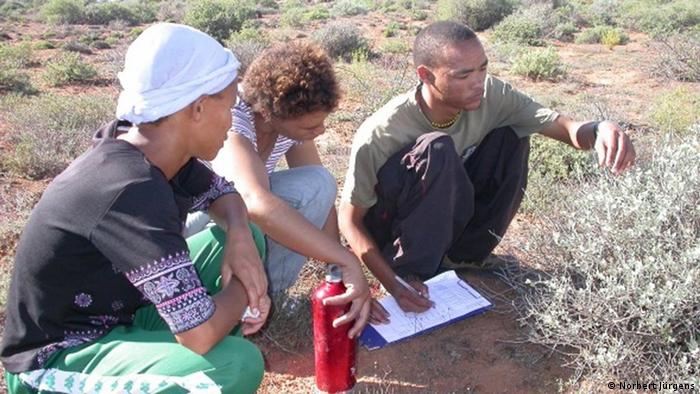The men from the coastal villages in Senegal, from Hiking, because of Overfishing and climate change, you take the basis of life as a fisherman. Now your women to ensure the Survival of their families at home.
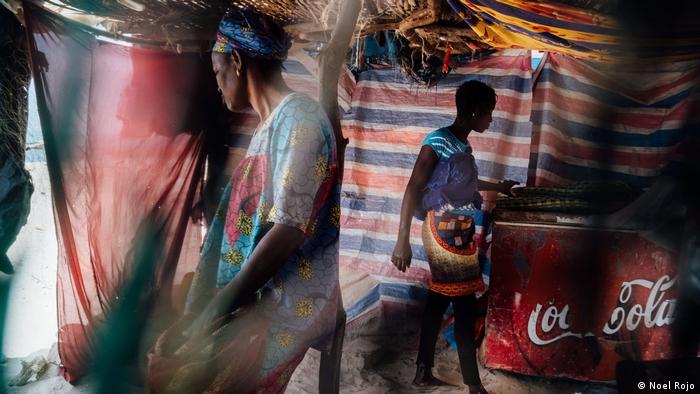
Women shape the image in many of the coastal cities of Senegal
The sun burns hot on the beach of Ndiébène Gandiol, in the West of Senegal. Almata Diagne and four of her six children in a tent shelter from the scorching sun. Magat, the oldest daughter of the family, helps her mother, a fish in a bucket to layers. You have bought the fishing straight from a dealer. Magat is wearing her youngest sister, she is just four months old, in a cloth on the back. The fish you are going to sell later on the market in Saint-Louis, the nearest big city.
Through the sale of Almata Diagne, on average, earned 10 euros a day. The money fills the purse of the family, in addition to the money transfers to her husband Babacar Jo every month from Spain. In 2006, he went as labour migrants to Europe. At the time, Almata and he is still not a man and a woman. Got married on one of his later visits. However, the spouses see each other only rarely.
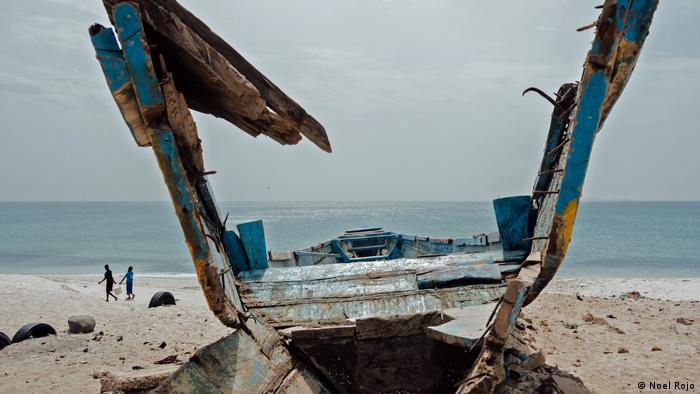
Fishermen from the villages of the coastal regions in Senegal can earn because of climate change, their livelihood. How Almatas husband Babacar many have left their villages to seek work elsewhere
Babacar Jo spends most of the year in Spain. With the money he earned there, it does not support only one family, but also a second wife, and their children, as well as his parents.
“Every two to three months we get to 30,000 CFA Francs (46 euros) from him,” says Almata. She adds that it is not easy for him to support you all. And that you cannot rely alone on him.
“It’s a Tradition in Senegal, to support family members. You have to give the mother money or sister. Even then, if you need it. But the Tradition has to be fulfilled, because the ties to the origin family are even closer than the wife,” says the sociologist Oumoul Khaïry Coulibaly-Tandian. He has co-authored a study in the context of labour migration and environmental change in Senegal.
“The women in the rural areas know that you need to work and that you can’t just wait on the money that comes from their husbands,” Oumoul.
More: In Senegal, a democracy, to advance the climate protection
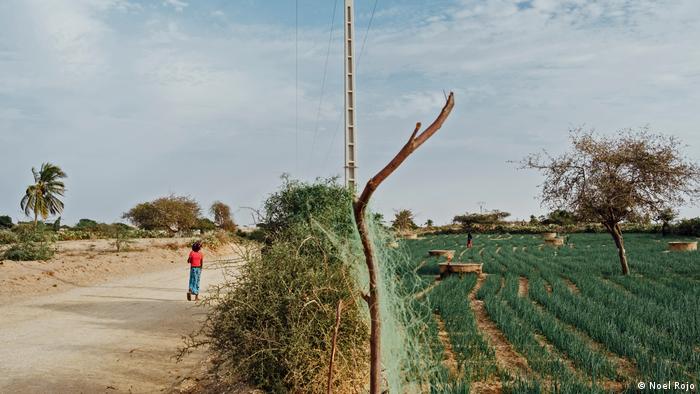
In the villages in order to Gandiol harvested by farmers onions – otherwise, it grows here because the soil is always dry and the desert is expanding
The big Empty
“If you dig today, a water fountain, it is very difficult at all, even in fresh water,” says Arona. The climate change was obvious. “In the past, a river was part of our place. Today, the ocean has swallowed the river, because the sea level has risen,” says the employee of a nearby national Park.
That the water is higher today, you can see the huts in Ndiébène Gandiol. The huts are empty because their residents are drawn to the money-making to Europe. The boats of the fishermen remain orphaned, at you the sea is working now. There are not enough fish for everyone, say those who stayed at home.
Watch the Video 01:14 Share
Participation in climate protection in Senegal?
Send Facebook Twitter google+ Tumblr VZ Mr. Wong Xing Newsvine Digg
Permalink https://p.dw.com/p/2kVyI
Participation in climate protection in Senegal?
Some of them make the rising temperatures for the Disappearance of the fish responsible. They say that the animals were moved to the North, where the water is cooler. Other the Blank to write the commercial fishing that takes place here, sometimes illegally.
Without fish, not only income, but also an important ingredient in their food is missing, people in the Region. Because fish is the main source of Protein. 80 percent of fish stocks should be disappeared, measurements show that, in some areas now. However, not only from the water a further shortage of food threatens. The desert pushes the other side further and further to the villages. A lot more than onions and carrots do not grow on the fields.
“I definitely want to come back,” says Mamadou Diakhate, while he visited his wife and the two children. Also to him one of the fishing boats on the beach once belonged to. Like many others, he went to Europe after his home country had concluded a Treaty with Spain, according to the immigrants here legally are allowed to work.
Who went to Spain, sought his salvation in other African countries.
More: In Senegal and in West Africa, villages fight against climate change
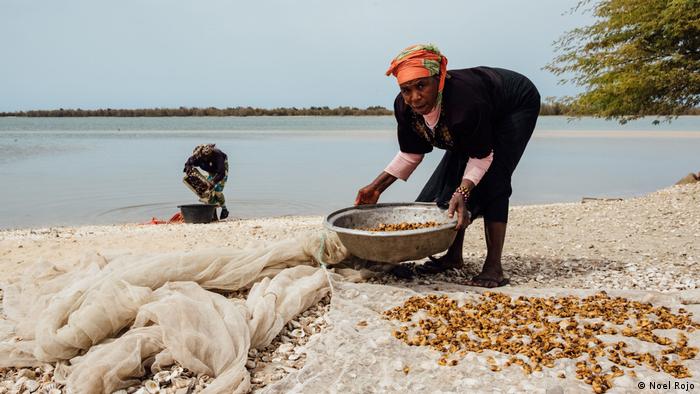
Women in the surrounding villages collect sea shells to sell to you. The rise in sea level washed up on the Land
Very few choices
The fish industry is also broken in Thiaroye sur le Mer, a suburb of the capital, Dakar. “We are dependent on the fisheries,” says Yayi Bayam Diouf. Also, she lived by the industry. After your son takes the test according to Europe, the floods came, she founded the Collective of Women for the Fight Against Illegal Migration in Senegal. The Initiative supports women with micro-credit and training, if their relatives have left the country.
The women learn soap or how to make the fruit shelf life to sell it. In this way, you can create your own income and be independent from their men.
In addition to working with the folks back home women Yayi Bayam Diouf is also trying those to hold back, wanting to make the dangerous journey across the water.
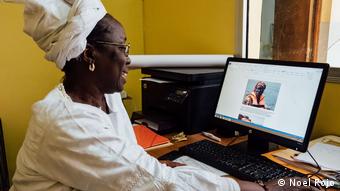
Yaym Diouf founded an organization, the women affected by the Migration of family members, training and micro-loans. The women learn about the manufacture of soap, or canned fruit
“I’ll tell you how it is. Very often eight people in a room have to share, that you have no papers, and that hardly anyone speaks your language,” she explains, and shows, what are the Alternatives willing to leave the country instead. “With the money you need to come to Europe at all, you could be set up in Senegal, a private small business,” said Diouf.
Reasons to work safe for some but not for all Senegalese.
Researchers at the University of British Columbia, predict that millions of people worldwide will lose their livelihoods due to the impacts of climate change on fish populations. You expect the migration should not exceed the temperature by more than 1.5 degrees Celsius, which are written in the Paris climate protection agreement as a threshold.
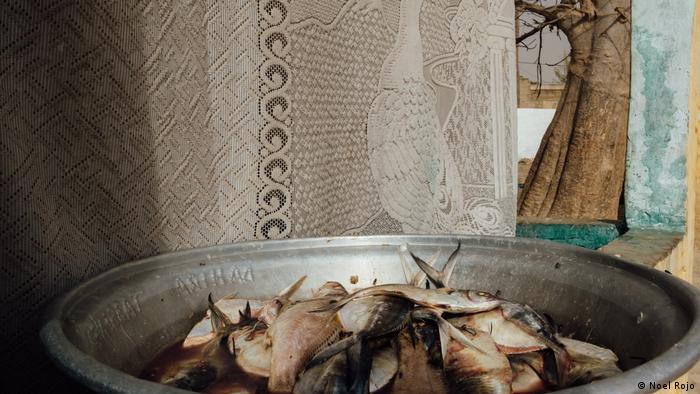
Almata earned 10 euros a day, if you fish sold on the market. She hopes that her children don’t have to work as hard as you can, and instead, learning can
Senegal – for generations to come
Almata Diagne and her daughter have prepared the fish, in the meantime, for Transport to the market. Sometimes they also sell seashells, the Almata with women from the surrounding villages looking for. The mussels are rinsed by the rising water in the interior of the country. Three euros a kilogram of sea fruits.
Before you can open the door, but to the market, a break is necessary. The midday heat has become unbearable. Magat brings water for everyone. She left a few years ago the school, to their younger brothers and sisters to take care of.
The future may be uncertain, her mother says. Nevertheless, they hope that the coming generations will get their chances. “The work I’m doing here is pretty hard. I don’t want my kids to have to work just as. You should go to school and succeed.” Then, Magat is back. All drink and rest briefly. Then Almata with the 20-kilogram fish bucket on the head and their children on the way to the market.
In Africa, the fight against climate change in pictures
